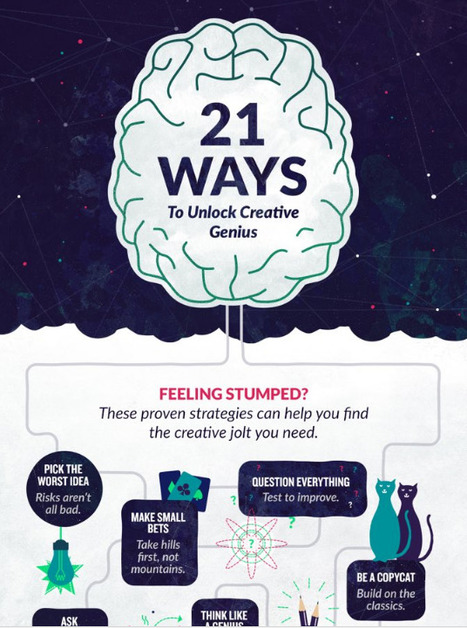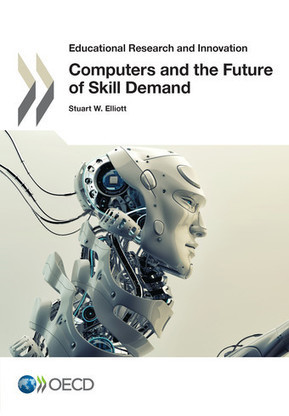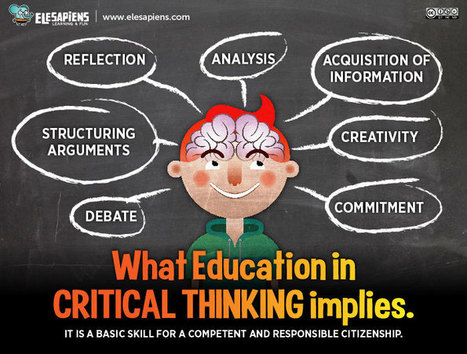Power skills, durable skills, human skills, people skills, durable skills, E.Q.: Whatever you want to call them, they’re in big demand now. But, as employers scramble to hire enough high-E.Q. people (including new college grads), and launch massive efforts to instill “power skills” in vast numbers of the employees they’ve already got, one question leaps to mind: Can these skills be taught?
It matters. As companies grapple with digitization, automation, and constant change, creating a culture where people can communicate their ideas is crucial to competitiveness. So are collaboration and creative thinking.
Meanwhile, for employees, as more and more tasks are taken over by algorithms, durable skills are becoming a kind of career insurance. Studies show that people with both technical expertise and strong human skills not only have their pick of jobs these days, but they earn far higher salaries too.
But it’s hard to tell if human skills training helps people change aspects of their personality—being resistant to new experiences, or having tone-deaf social skills, for instance. At the moment, no one has yet come up with a standard way to assess those skills before and after training.
Learn more / En savoir plus / Mehr erfahren:
http://www.scoop.it/t/21st-century-learning-and-teaching/?tag=Empathy
http://www.scoop.it/t/21st-century-learning-and-teaching/?tag=Soft+Skills
Via Gust MEES



 Your new post is loading...
Your new post is loading...














Power skills, durable skills, human skills, people skills, durable skills, E.Q.: Whatever you want to call them, they’re in big demand now. But, as employers scramble to hire enough high-E.Q. people (including new college grads), and launch massive efforts to instill “power skills” in vast numbers of the employees they’ve already got, one question leaps to mind: Can these skills be taught?
It matters. As companies grapple with digitization, automation, and constant change, creating a culture where people can communicate their ideas is crucial to competitiveness. So are collaboration and creative thinking.
Meanwhile, for employees, as more and more tasks are taken over by algorithms, durable skills are becoming a kind of career insurance. Studies show that people with both technical expertise and strong human skills not only have their pick of jobs these days, but they earn far higher salaries too.
But it’s hard to tell if human skills training helps people change aspects of their personality—being resistant to new experiences, or having tone-deaf social skills, for instance. At the moment, no one has yet come up with a standard way to assess those skills before and after training.
Learn more / En savoir plus / Mehr erfahren:
http://www.scoop.it/t/21st-century-learning-and-teaching/?tag=Empathy
http://www.scoop.it/t/21st-century-learning-and-teaching/?tag=Soft+Skills
http://www.scoop.it/t/21st-century-learning-and-teaching/?tag=Daniel-GOLEMAN
http://www.scoop.it/t/21st-century-learning-and-teaching/?tag=Emotional-Intelligence
http://www.scoop.it/t/21st-century-learning-and-teaching/?tag=EQ
Power skills, durable skills, human skills, people skills, durable skills, E.Q.: Whatever you want to call them, they’re in big demand now. But, as employers scramble to hire enough high-E.Q. people (including new college grads), and launch massive efforts to instill “power skills” in vast numbers of the employees they’ve already got, one question leaps to mind: Can these skills be taught?
It matters. As companies grapple with digitization, automation, and constant change, creating a culture where people can communicate their ideas is crucial to competitiveness. So are collaboration and creative thinking.
Meanwhile, for employees, as more and more tasks are taken over by algorithms, durable skills are becoming a kind of career insurance. Studies show that people with both technical expertise and strong human skills not only have their pick of jobs these days, but they earn far higher salaries too.
But it’s hard to tell if human skills training helps people change aspects of their personality—being resistant to new experiences, or having tone-deaf social skills, for instance. At the moment, no one has yet come up with a standard way to assess those skills before and after training.
Learn more / En savoir plus / Mehr erfahren:
http://www.scoop.it/t/21st-century-learning-and-teaching/?tag=Empathy
http://www.scoop.it/t/21st-century-learning-and-teaching/?tag=Soft+Skills
http://www.scoop.it/t/21st-century-learning-and-teaching/?tag=Daniel-GOLEMAN
http://www.scoop.it/t/21st-century-learning-and-teaching/?tag=Emotional-Intelligence
http://www.scoop.it/t/21st-century-learning-and-teaching/?tag=EQ